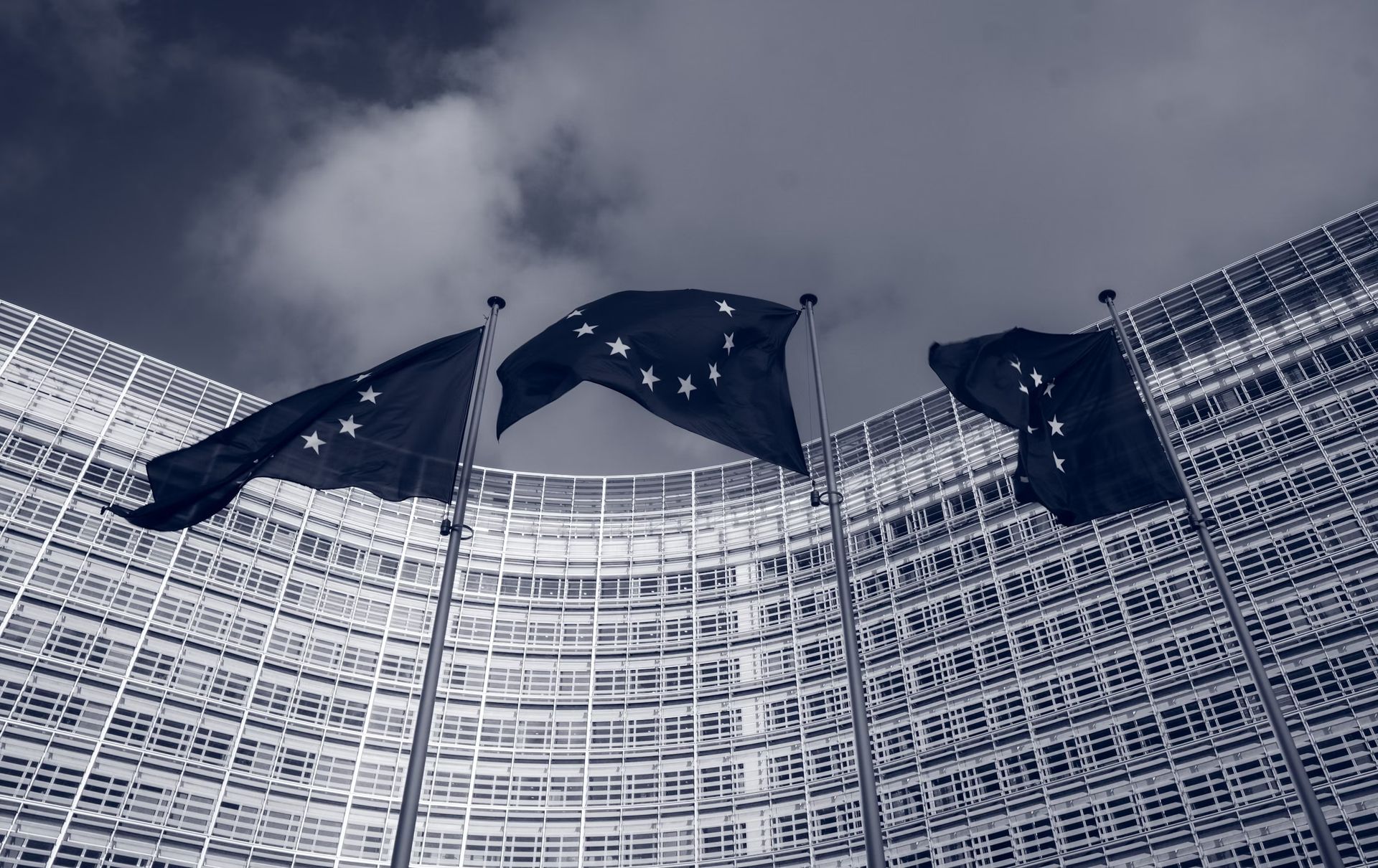Is privacy at risk? EU’s “Chat Control” proposal revived despite opposition

The controversial push to scan private communications in the European Union—labeled “Chat Control” by critics—is back on the agenda, and it’s reigniting a fierce debate over privacy rights. Hungary, now at the helm of the Council of Europe, has revived the proposal that aims to scan citizens’ messages in the fight against child sexual abuse material (CSAM). But the plan, which could become law by the end of the month, has sparked intense opposition from privacy advocates, tech companies, and some EU member states.
After Belgium introduced a new version of the proposal in June, it was shelved due to strong backlash, but it’s now gaining momentum again. With a fresh vote approaching, the stakes couldn’t be higher. Encrypted messaging services like Signal and Threema are already warning that they’ll leave the EU entirely rather than break their promise of privacy to users.
This sets up a fundamental conflict: can the EU pursue its goal of protecting children online without trampling on the privacy rights of its citizens?
A renewed push for chat controlThe latest draft of Chat Control, leaked on September 9 by Politico, outlines how the EU wants tech companies to handle the detection of illegal content. Essentially, service providers—ranging from messaging apps like WhatsApp to email providers—would be mandated to scan users’ chats for signs of CSAM.
The catch? This would likely require breaking end-to-end encryption, the very mechanism that ensures private conversations remain private.
Encryption, often viewed as the last line of defense in digital privacy, is under direct threat from this proposal. Critics argue that scanning communications, even under the guise of protecting children, would create a dangerous precedent. If companies are forced to break encryption for one purpose, what’s stopping governments from demanding access for other reasons? Once the door is open, it becomes harder to close.
While providers could technically choose whether to implement AI to detect suspicious content, the fact remains that encryption would be compromised either way. The tools used to ensure privacy between the sender and receiver could no longer be guaranteed.
 Critics argue that scanning communications, even under the guise of protecting children, would create a dangerous precedent (Image credit)
Member states divided
Critics argue that scanning communications, even under the guise of protecting children, would create a dangerous precedent (Image credit)
Member states divided
As the EU inches closer to a decision, the bloc remains divided on the issue. Member states have until September 23 to officially declare their positions, and so far, the numbers suggest that the proposal has substantial support. According to data from the European Pirate Party, at least 19 countries, including Belgium, Hungary, and Sweden, are backing the plan. Meanwhile, countries like Germany and Poland have outright opposed it, with digital rights activists across the continent rallying citizens to push back before it’s too late.
Patrick Breyer, a prominent digital rights activist and member of the Pirate Party Germany, has been one of the loudest voices in opposition. He warns that the proposal is a direct assault on privacy rights and has urged citizens to contact their representatives, hoping to sway the vote. “We have two weeks to make our governments reject chat control and call for a new, truly effective, and rights-respecting approach to keeping our children safer online,” he emphasized, highlighting that a more balanced approach could still achieve the desired goals without sacrificing privacy.
Tech companies in revoltPerhaps the most glaring resistance is coming from the tech companies themselves. Major encrypted messaging platforms have drawn a line in the sand, signaling that they will not compromise their security standards. Signal, in particular, has been vocally critical of any attempts to undermine encryption. When the UK considered similar legislation in its Online Safety Bill, Signal threatened to shut down operations in the country if it became law. Their stance remains firm in the face of the EU’s new proposal.
Meredith Whittaker, President of the Signal Foundation, has been clear about her disapproval of the Chat Control proposal. She has dismissed so-called “upload moderation,” which suggests scanning messages before encryption takes place, as nothing more than a backdoor to surveillance. “Whether you call it a backdoor, a front door, or ‘upload moderation,’ it undermines encryption and creates significant vulnerabilities,” she tweeted in response to the EU’s revised proposal.

